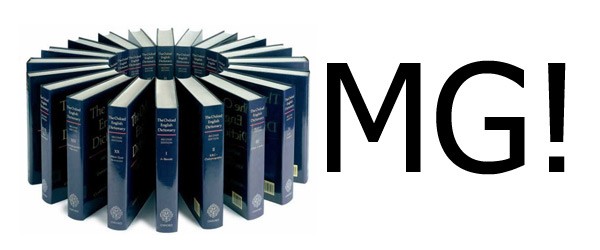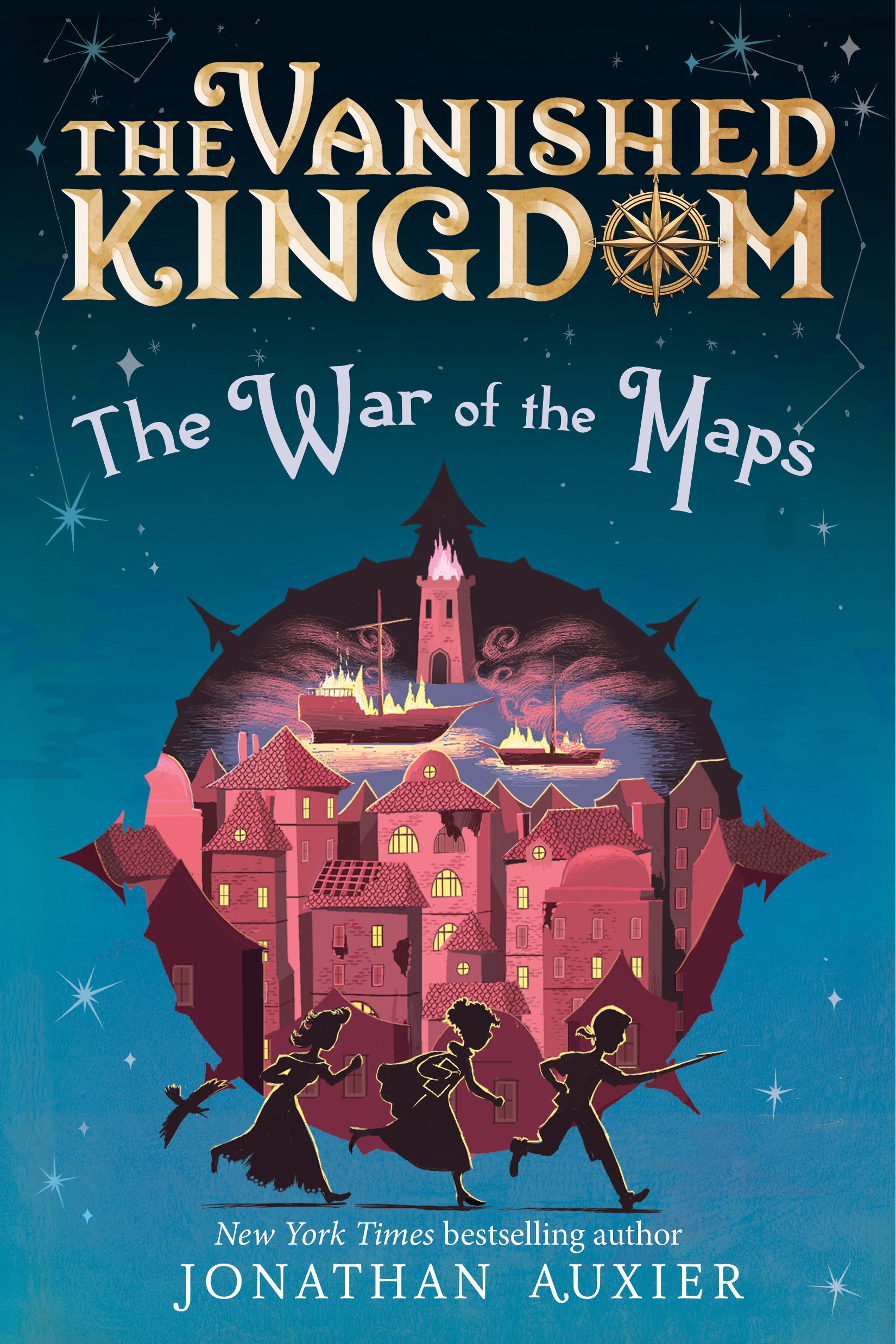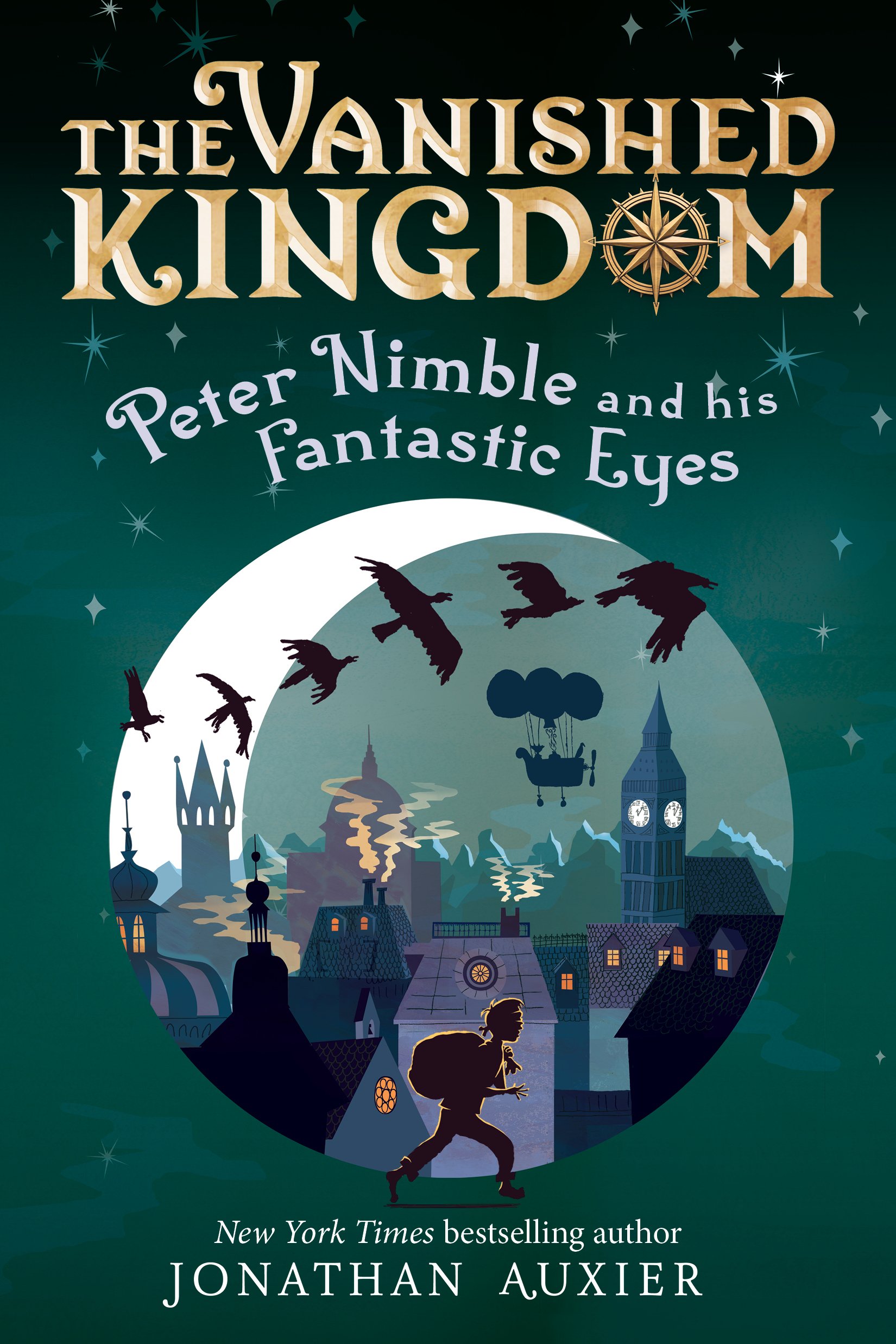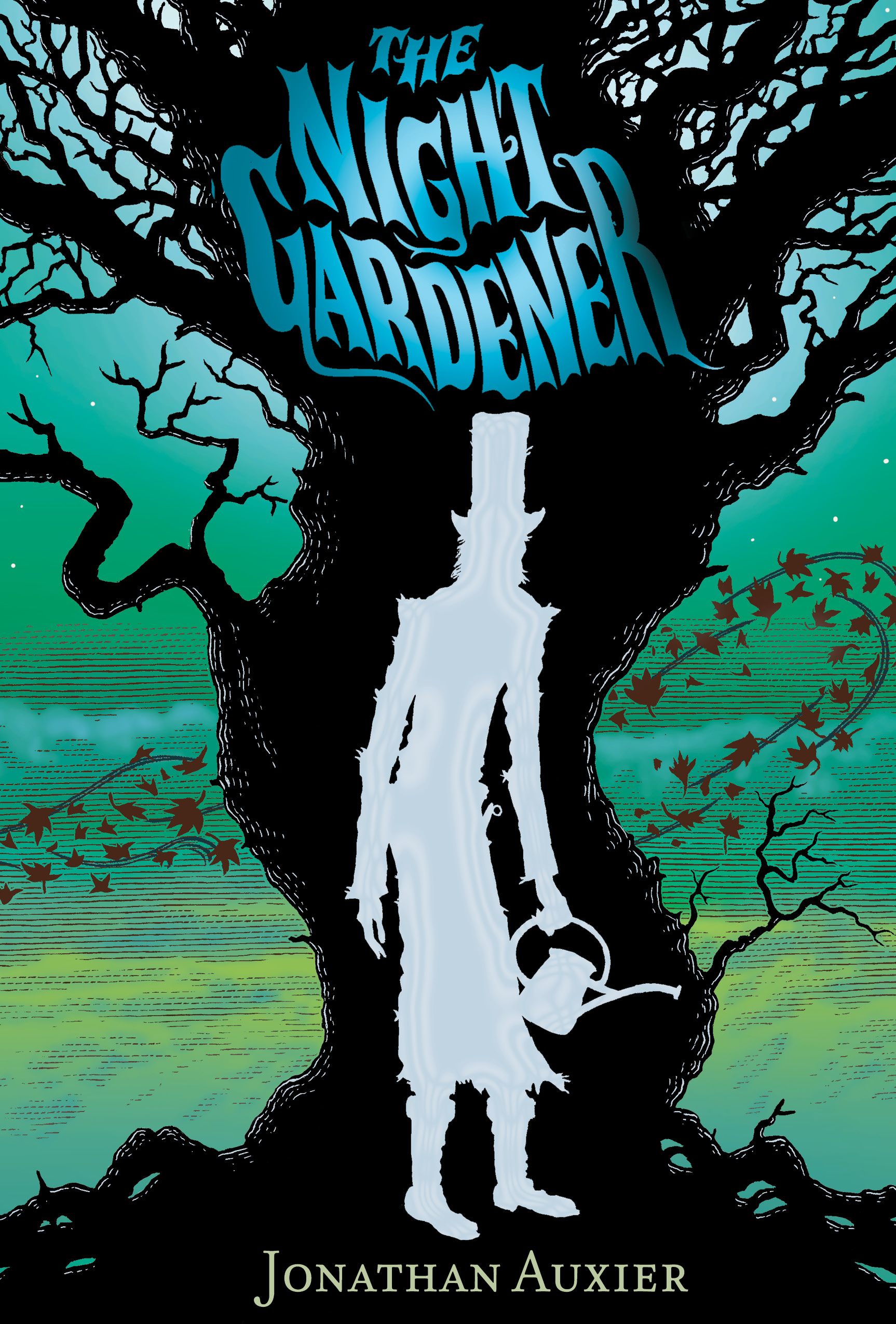WTF, OED?
/ The other day, I came across this positively depressing bit of news about the upcoming edition of the Oxford English Dictionary. This dictionary, long the bastion of tweedy old-wordery, has announced that it will henceforth be including a series of internet acronyms in its pages -- including OMG, LOL, ATWWNMTOYDYI[1. Which of course translates to "Adding these words will not make teenagers open your dictionary, you idiots."], and, even worse, the heart symbol.
That's right, this guy: ♥
The other day, I came across this positively depressing bit of news about the upcoming edition of the Oxford English Dictionary. This dictionary, long the bastion of tweedy old-wordery, has announced that it will henceforth be including a series of internet acronyms in its pages -- including OMG, LOL, ATWWNMTOYDYI[1. Which of course translates to "Adding these words will not make teenagers open your dictionary, you idiots."], and, even worse, the heart symbol.
That's right, this guy: ♥
The inclusion of these words depresses me for three main reasons: First, these additions make me feel like a 20-something curmudgeon. Second, many of these phrases are things I don't understand. Third and most important), these new "words" are incredibly lame ... In thousands of years when some alien culture digs up a copy of the Oxford English Dictionary, they will learn how stupid we were and laugh at us.
 Perhaps I'm a bit sensitive about this. You see, I have a deep and abiding love for the OED. This is not just some dictionary; it's the most ambitious literary project of, well, all time. The OED consists of 20 volumes containing 600,000 words. And it's not just definitions -- it also chronicles the shifting usage of these words, as well as listing significant published appearances.[2. For those interested, author Simon Winchester has written a fantastic book about the 75-year creation of the first OED called The Professor and the Madman, which details one of the dictionary's key contributors, an insane murderer who worked remotely from his prison cell!] When I was courting Mary, I bought her a copy of this dictionary.
Perhaps I'm a bit sensitive about this. You see, I have a deep and abiding love for the OED. This is not just some dictionary; it's the most ambitious literary project of, well, all time. The OED consists of 20 volumes containing 600,000 words. And it's not just definitions -- it also chronicles the shifting usage of these words, as well as listing significant published appearances.[2. For those interested, author Simon Winchester has written a fantastic book about the 75-year creation of the first OED called The Professor and the Madman, which details one of the dictionary's key contributors, an insane murderer who worked remotely from his prison cell!] When I was courting Mary, I bought her a copy of this dictionary.
The OED isn't the only culprit. A few years ago, Scrabble updated their dictionary to include "qi" "xi" and "za" ... not only are some of these words idiotic (I'm looking at you, "za"), but they also throw off the mechanics of the game. On the other hand (OTOH), at least the topic lets me post this picture of a Scrabble-tile keyboard ...
 UPDATE - this morning the New Yorker published a piece that defends the changes to the OED. It's worth a read.
UPDATE - this morning the New Yorker published a piece that defends the changes to the OED. It's worth a read.







